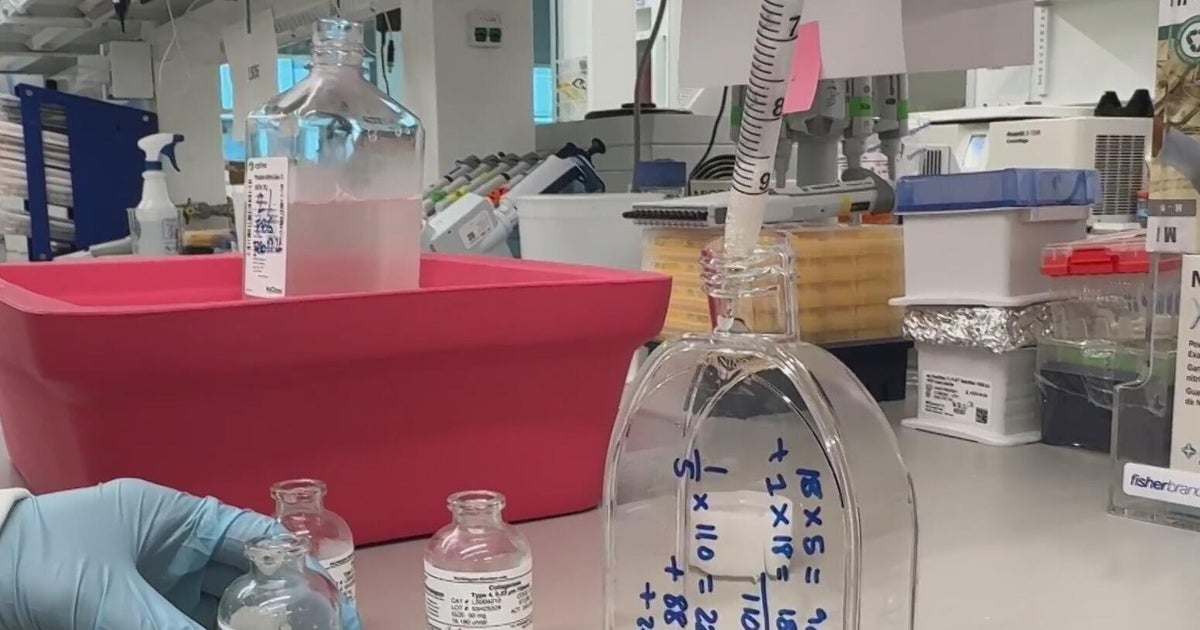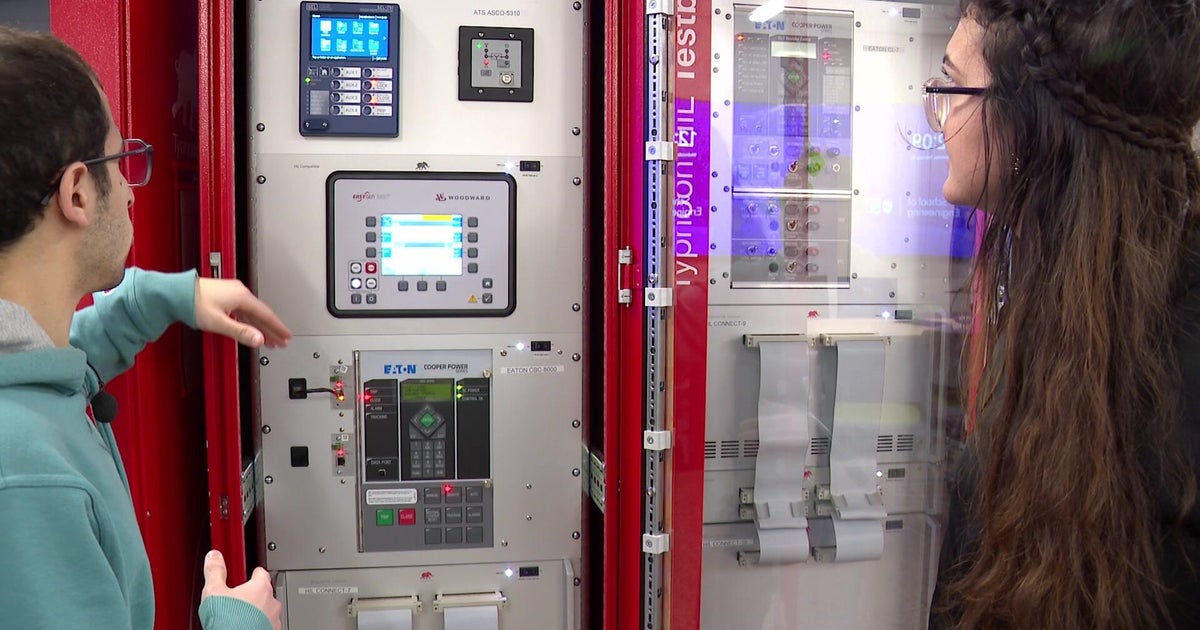Hunted to near extinction, pangolins may hold key to COVID-19
Phinda, South Africa — The pangolin is millions of years old, solitary, usually nocturnal and completely harmless.
But in Africa, hundreds of thousands are poached every year, almost to extinction.
"If you take rhino, elephant ivory, perlemoen, tiger bone, lion bone, combine it altogether — multiplied by a hundred — pangolins still exceed that," said conservationist Ray Jansen, chairman of the African Pangolin Working Group and a professor at South Africa's Tshwane University of Technology.
Pangolins are coveted for their scales, which are used in dozens of traditional Chinese medicines, under the false belief they have healing powers.
They have no natural enemies in the wild. Their only predator is humans.
The animals are sold for around $10,000 on the black market. Jansen's aim is to save as many as he can by going undercover as a buyer. Once poachers have sent him proof of life, he lures them to meetings where the police are waiting.
In one recent case, he helped police catch six men and rescue one of the animals, optimistically named "Fortunate."
While the men, who face up to 10 years in jail for illegally possessing an endangered animal, were booked into jail, Fortunate was rushed to Johannesburg Wildlife Veterinary Hospital where veterinarian Karin Lourens and her team tended to his injuries. But she's doubtful he can be saved. Very few pangolins rescued from traffickers survive the trauma of the ordeal.
Despite years of medical training, Lourens feels helpless.
"The suffering that he went through just for some stupid scale — it's nothing. There's no medicinal value," she told CBS News, visibly upset.
For those that do make it, there is a special haven 250 miles away at the &Beyond Phinda Private Game Reserve. A handful of rescued pangolins have been released into the wild and are constantly monitored with tracking devices.
That allowed reserve manager Simon Naylor to quickly realize something was wrong with a pangolin rescued over eight months ago.
"We noticed straight away that he was dragging his tail," Naylor said. The minor injury will be treated by a vet the next day.
Pangolins were initially identified as one of the prime suspects in passing on the coronavirus to humans, but their unique immune system has evolved over millions of years and could also contain answers to defeating the pandemic. Scientists in Vienna have been studying why the pangolin is able to carry the virus without getting sick.
"I think it's important that we put a lot more resources into understanding these animals and obviously to our benefit, because they do, I think, hold answers to our own health," said Naylor.



